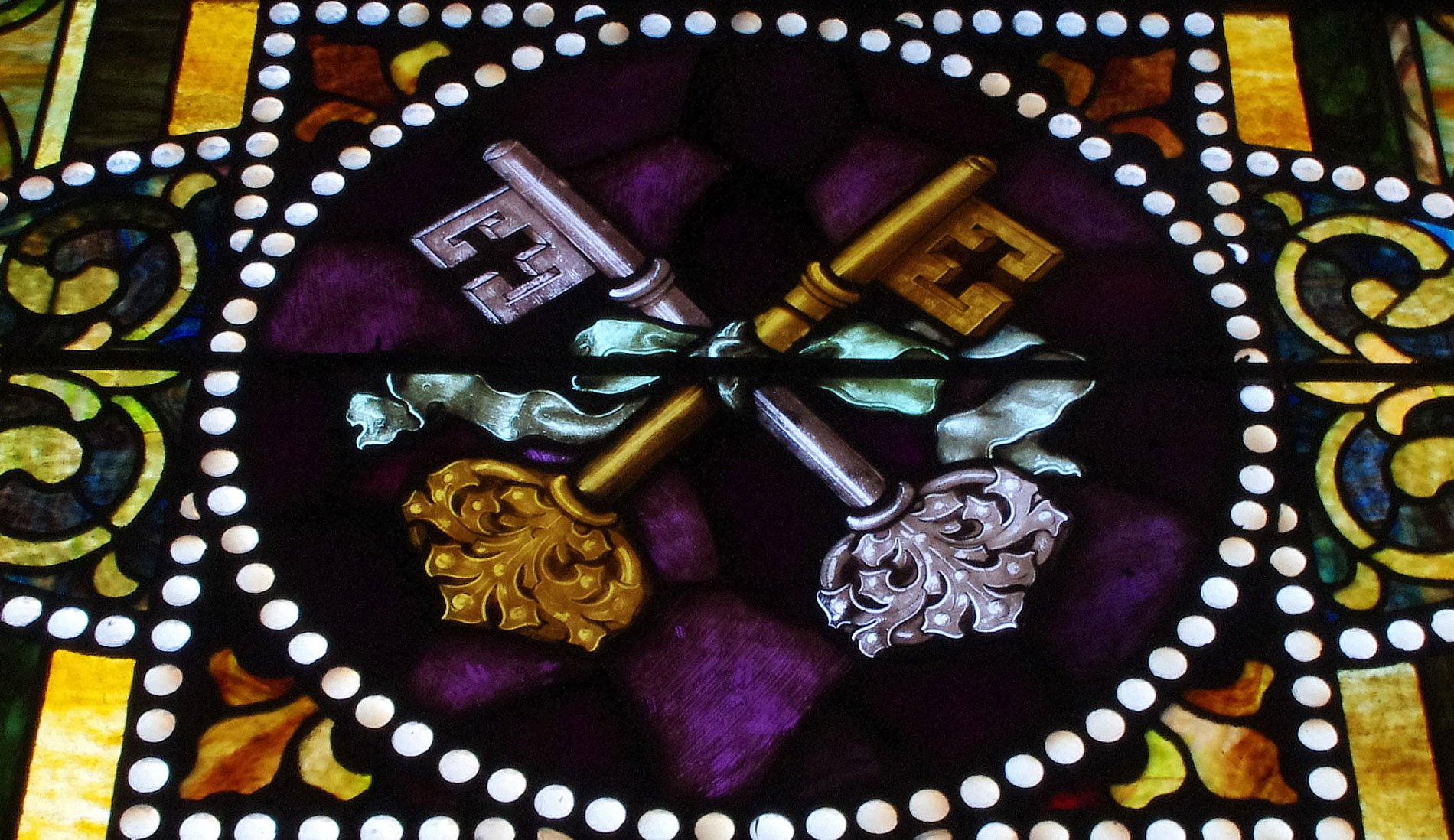Regina Caeli – Queen of Heaven, Rejoice!
The Regina Caeli, Latin for “Queen of Heaven,” is a hymn and prayer ...

Barnabas, a second century writer, here emphasizes the importance of virtue as opposed to ritual sacrifice.
G reetings, sons and daughters. In the name of the Lord who loves us, peace be to you. Because the Lord has granted you an abundance of blessings, I rejoice immeasurably in your blessed and glorious company.
You have received abundantly that indwelling grace which is the Spirit’s gift, and for this reason I hope in my own salvation and I give thanks all the more when I see the bountiful fullness of the Lord’s Spirit pouring over you. I have longed so much for you that when I saw you I was overwhelmed.
I am now convinced and fully aware that I have learned much by speaking with you, for the Lord accompanied me on the road to righteousness, and so I am driven in all ways to love you more than my own life. For surely there is a great store of faith and charity within you because of your hope for life in Christ. Therefore, I have been thinking that if my concern for you inspires me to pass on to you a portion of what I have received, then I will be rewarded for ministering to souls such as yours. Consequently, I am writing you, that you may have perfect knowledge along with your faith.
The Lord has given us these three basic doctrines: hope for eternal life, the beginning and end of our faith; justice, the beginning and end of righteousness; and love, which bears cheerful and joyous witness to the works of righteousness. Now the Lord has made the past and present known to us through his prophets, and he has given us the ability to taste the fruits of the future beforehand. Thus, when we see prophecies fulfilled in their appointed order, we ought to grow more fully and deeply in awe of him. Let me suggest a few things – not as a teacher, but as one of you – which should bring you joy in the present situation.
When evil days are upon us and the worker of malice gains power, we must attend to our own souls and seek to know the ways of the Lord. In those times reverential fear and perseverance will sustain our faith, and we will find need of forbearance and self-restraint as well. Provided that we hold fast to these virtues and look to the Lord, then wisdom, understanding, knowledge and insight will make joyous company with them.
Truly, the Lord has revealed to us through the prophets that he has no need of sacrifice, burnt offerings or oblations. He says in one place: Your endless sacrifices, what are they to me? says the Lord. I have had my fill of holocausts; I do not want the fat of your lambs, nor the blood of your bulls and goats, nor your presence in my sight. Indeed, who has made these demands of you? No more will you trample my courts. Your sacrifices of fine flour are in vain; your incense is loathsome to me; I cannot bear your feasts of the new moon, nor your sabbaths.
We are not sure who wrote the Letter attributed to St. Barnabas, but we know that it comes from the second century and thus after the era of the apostles and evangelists. It is accounted one of the writings which we call the “Apostolic Fathers.” This excerpt on the importance of virtue as opposed to ritual sacrifice is used in the Roman Office of readings for the 18th Sunday in ordinary time with the accompanying biblical reading of Amos 1:1-2:3.
No Comments